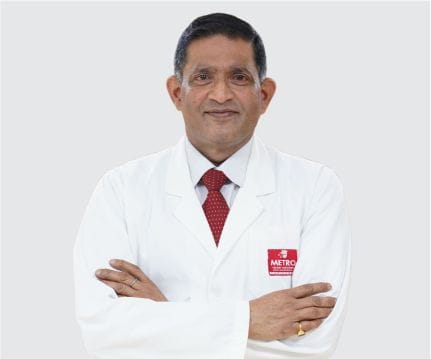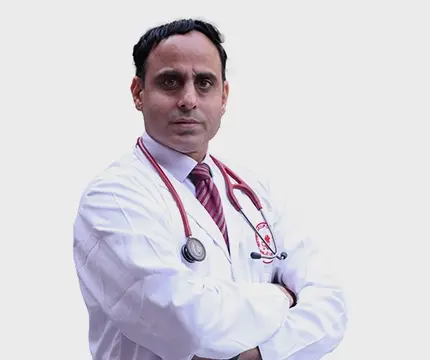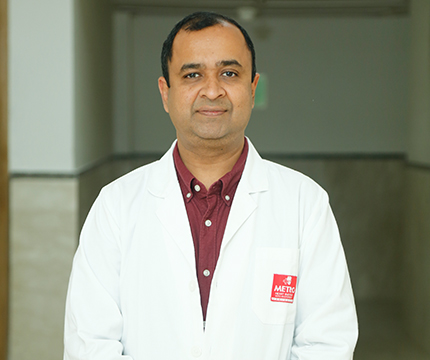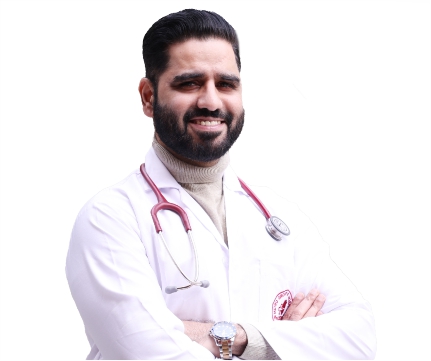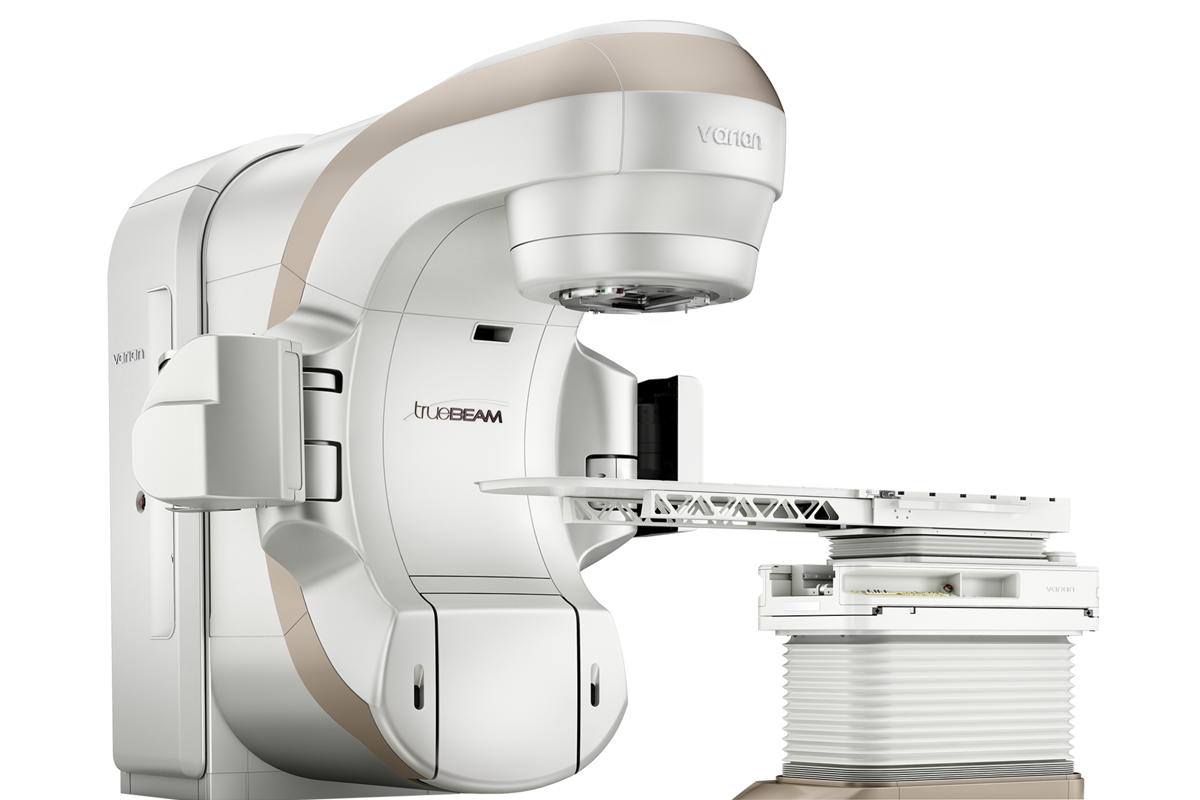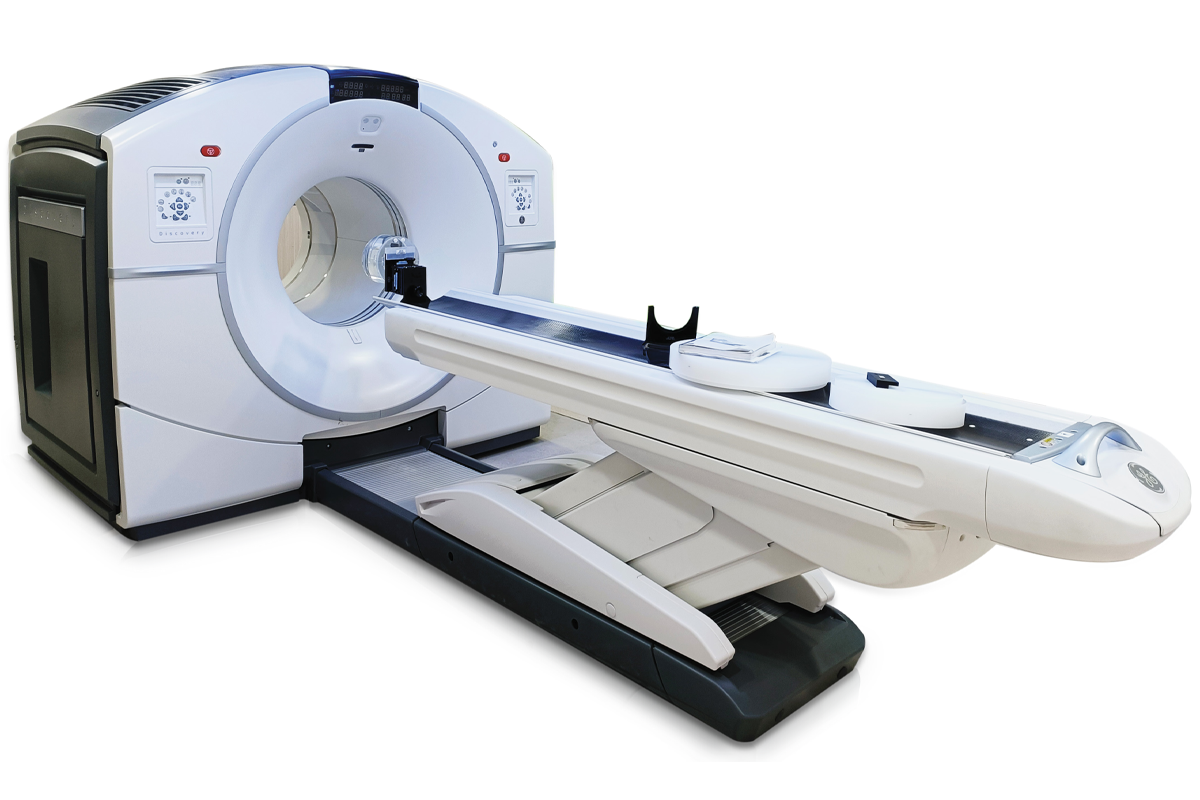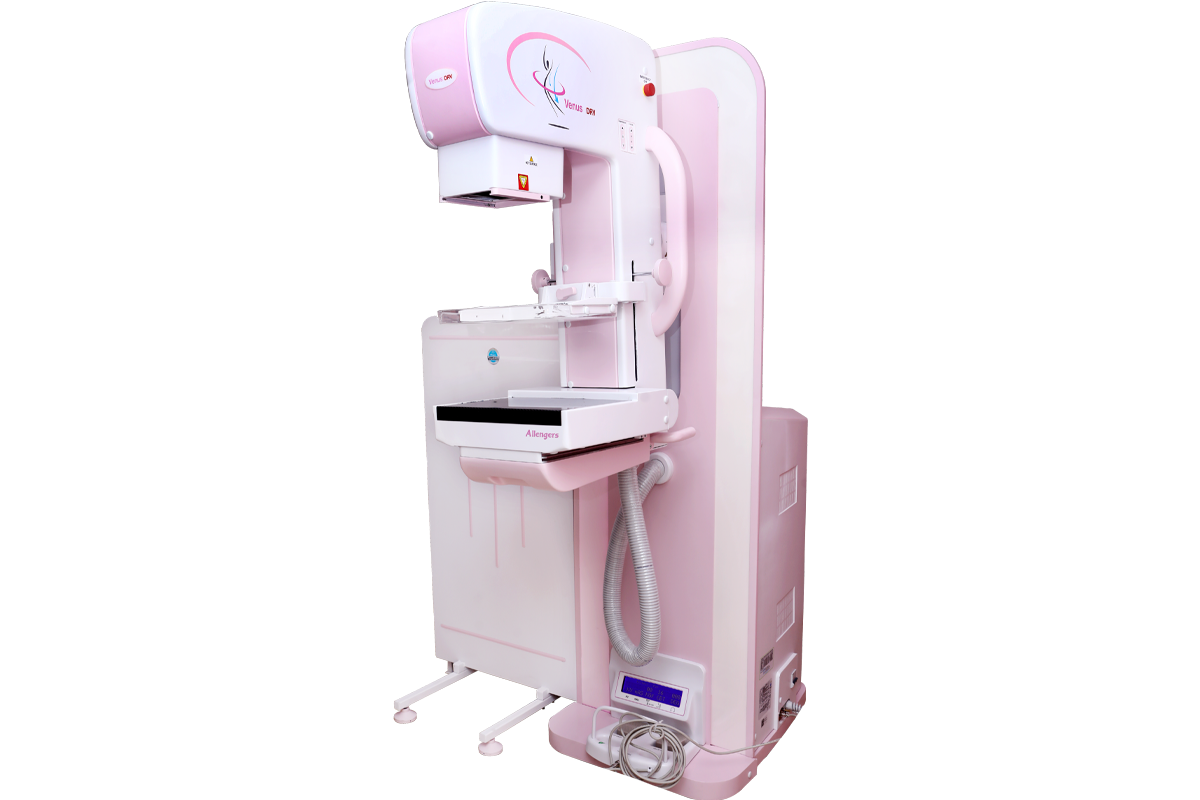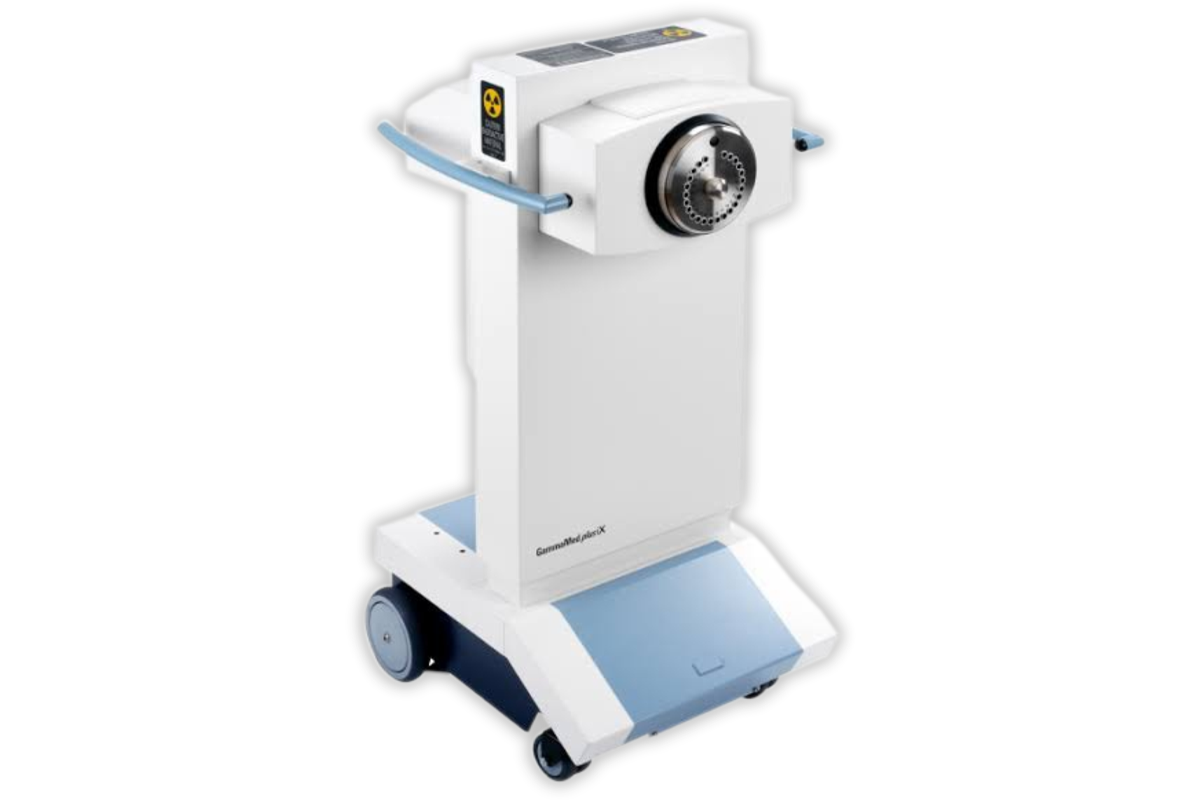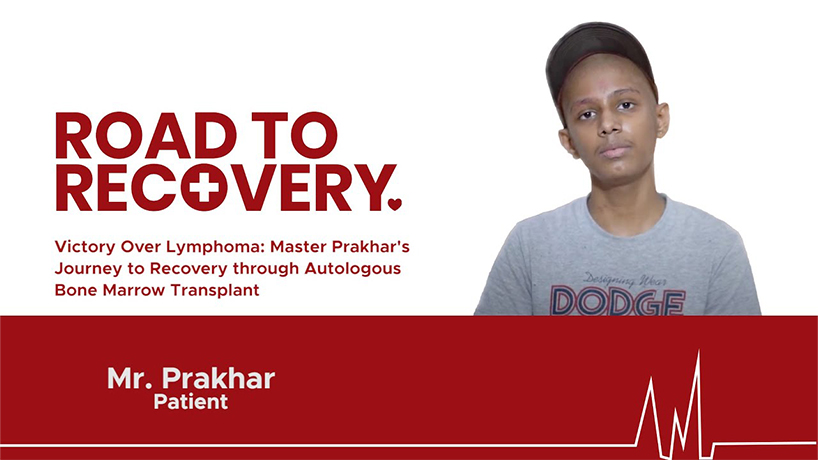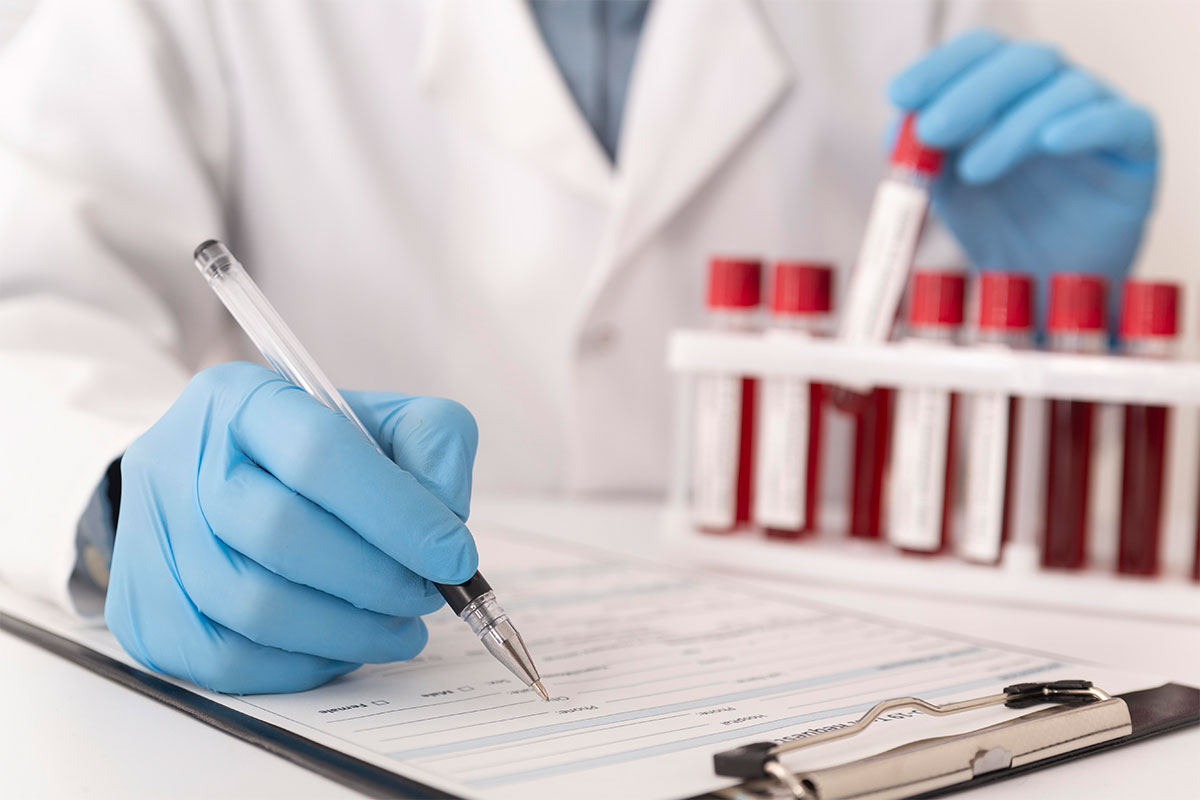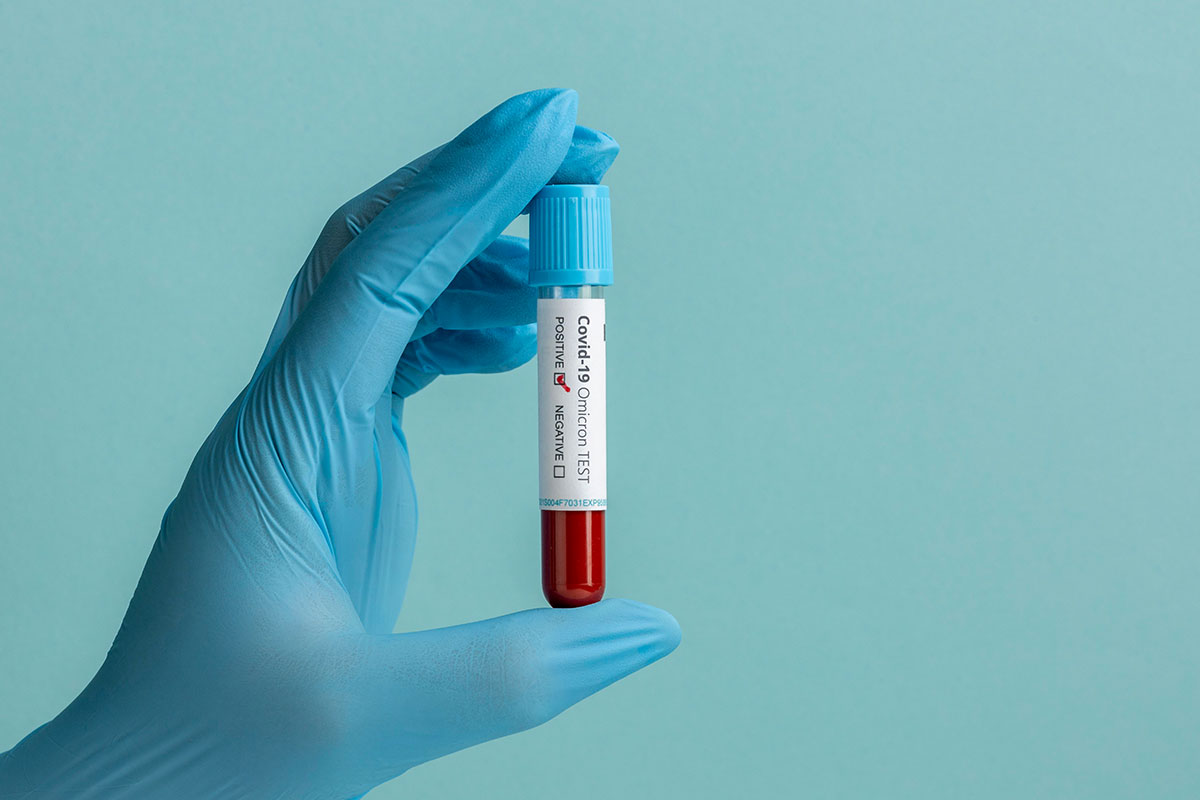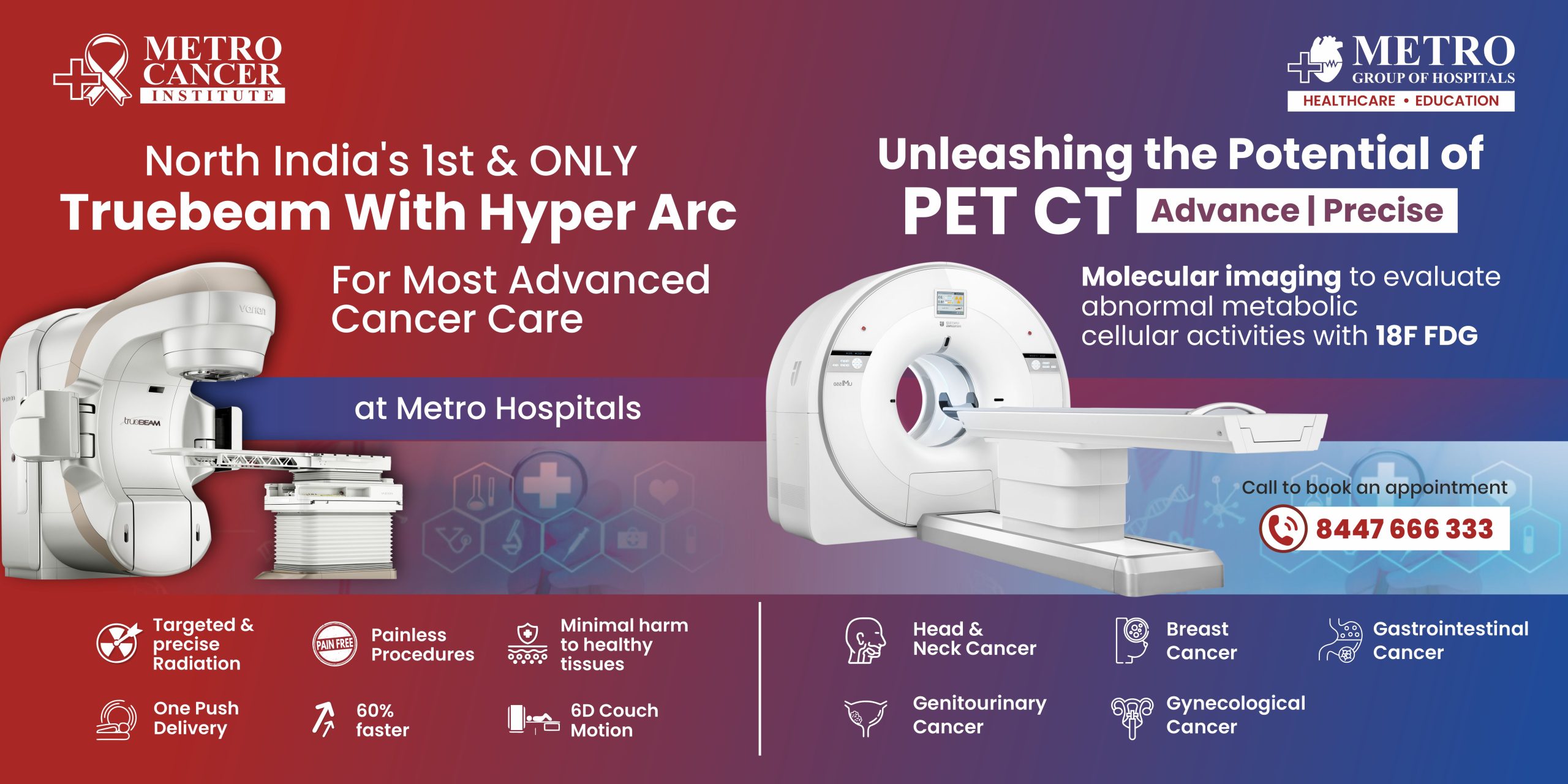Bone Marrow Transplantation (BMT)
- Preparation: Before the transplant, the patient undergoes a series of tests and evaluations to assess their overall health and suitability for the procedure. This includes blood tests, imaging studies, and consultations with various specialists.
- Donor Selection: For an allogeneic transplant, a suitable donor must be identified. This can be a family member, unrelated donor, or umbilical cord blood donor. Compatibility is determined through tissue typing tests, including human leukocyte antigen (HLA) matching.
- Stem Cell Collection: The donor undergoes a procedure to collect hematopoietic stem cells, which are typically harvested from the bone marrow, peripheral blood, or umbilical cord blood. In some cases, stem cells may also be obtained from a patient’s own body (autologous transplant).
- Conditioning Therapy: Prior to the transplant, the patient undergoes conditioning therapy, which involves high-dose chemotherapy and/or radiation therapy. This aims to destroy cancer cells and suppress the immune system to prevent rejection of the transplanted cells.
- Transplantation: The harvested stem cells are then infused into the patient’s bloodstream through a central venous catheter. Once infused, the stem cells travel to the bone marrow, where they engraft and begin producing new blood cells.
- Engraftment and Recovery: In the following weeks and months, the patient’s blood counts are monitored closely to assess engraftment and recovery. Supportive care measures, including antibiotics, transfusions, and medications to prevent graft-versus-host disease (GVHD), are provided as needed.
- Follow-Up Care: After the transplant, the patient requires regular follow-up appointments to monitor their progress, manage any complications, and provide supportive care. Long-term monitoring is essential to assess for disease recurrence and manage late effects of treatment.
Hematology Procedures:
- Diagnostic Testing:Hematologists perform a variety of diagnostic tests to evaluate blood disorders, including complete blood count (CBC), blood smears, bone marrow biopsy, and genetic testing. These tests help identify abnormalities in blood cell counts, morphology, and function.
- Treatment Planning: Based on the diagnostic findings, hematologists develop personalized treatment plans tailored to each patient’s specific condition and needs. This may include medication therapy, blood transfusions, iron supplementation, and other supportive care measures.
- Chemotherapy and Immunotherapy: For patients with hematological cancers such as leukemia, lymphoma, and multiple myeloma, hematologists may administer chemotherapy or immunotherapy to target and destroy cancer cells. These treatments may be given alone or in combination with other therapies.
- Bone Marrow Aspiration and Biopsy:Hematologists perform bone marrow aspiration and biopsy procedures to obtain samples of bone marrow tissue for diagnostic evaluation. This involves inserting a needle into the bone marrow space to collect marrow cells for examination under a microscope.
- Stem Cell Transplantation: In addition to BMT, hematologists may also perform other types of stem cell transplantation, such as peripheral blood stem cell transplantation (PBSCT) and umbilical cord blood transplantation (CBT), for the treatment of certain blood disorders and cancers.
Overall, both BMT and Hematology procedures involve a multidisciplinary approach, with hematologists working closely with other specialists, including oncologists, radiologists, and transplant surgeons, to provide comprehensive care to patients with blood disorders and related conditions.
Best and experienced Hematologist: Our team includes the best hematologists of the regions, dedicated to delivering cutting-edge care for patients with blood disorders. Hematology is the branch of medicine that focuses on the study of blood and blood-related disorders. A hematologist specializes in diagnosing and treating conditions such as anemia, leukemia, lymphoma, and clotting disorders. They utilize advanced diagnostic techniques and therapeutic interventions to manage and treat these conditions effectively.
Best BMT Doctor For patients requiring Bone Marrow Transplantation (BMT), Metro Hospitals offers the expertise of the best BMT doctors. Our BMT specialists have extensive experience in performing both autologous and allogeneic transplants, utilizing the latest techniques to achieve successful outcomes for patients with blood cancers, bone marrow failure syndromes, and immune deficiencies.
Understanding Hematology and BMT:Hematology is the branch of medicine that focuses on the study of blood and blood-related disorders. This includes diseases of the blood cells, bone marrow, lymph nodes, and spleen. Hematologists specialize in diagnosing and treating conditions such as anemia, leukemia, lymphoma, and clotting disorders.
Bone Marrow Transplantation (BMT), also known as hematopoietic stem cell transplantation, is a specialized procedure used to treat certain types of blood cancers and disorders. During a BMT, healthy stem cells are collected from either the patient (autologous transplant) or a donor (allogeneic transplant) and then infused into the patient’s bloodstream to replace damaged or diseased bone marrow.
Comprehensive Hematology and BMT Services: At Metro Hospitals, our Hematology and BMT department provides a comprehensive range of services, including diagnostic evaluations, medical treatments, and advanced transplant procedures. Our multidisciplinary team collaborates closely to ensure patients receive the highest standard of care throughout their journey.
State-of-the-Art Technology: Equipped with state-of-the-art technology and cutting-edge facilities, Metro Hospitals offers advanced diagnostic and therapeutic capabilities in the field of Hematologyand BMT. From specialized laboratory testing to advanced imaging techniques and stem cell processing units, we have the resources to deliver precise and effective treatments.
Personalized Care and Support: We understand the challenges that come with a diagnosis of blood disorders or the need for a bone marrow transplant. That’s why our team is committed to providing compassionate care and unwavering support to our patients and their families every step of the way. At Metro Hospitals, you can trust us to prioritize your well-being and deliver the best possible outcomes.
Experience the difference of world-class care in Hematology and BMT at Metro Hospitals. Contact us today to schedule a consultation with the best hematologist or BMT doctor and take the first step towards a healthier future.




